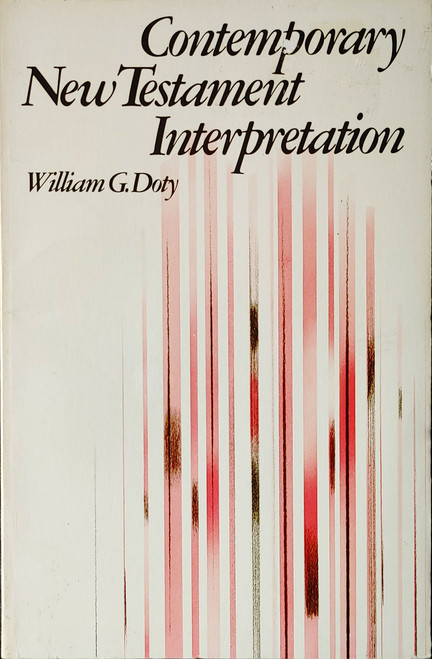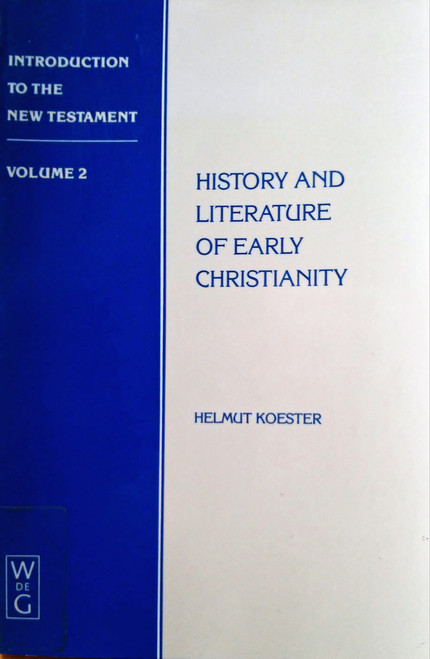"Since the late nineteenth century, developments in New Testament scholarship stemming from literary criticism and from hermeneutics have been of growing importance for a modern biblical criticism which is richly contoured and neither arid nor pietistic," states William G. Doty. In this significant new book he focuses on the study of the New Testament and other primitive Christian literature through an all-inclusive approach which "listens to early Christian language with a full range of literary, historical, theological, and hermeneutical sensitivities."
Showing how the various aspects of interpretive analysis fit together, Dr. Doty explores the numerous disciplines and methodologies employed by the scholars in their search for adequate modes of interpretation. Re-exposing the dynamism of the cultural beginnings of the New Testament, the author advocates a holistic approach, avoiding atomistic studies which tend to build theological ghettos, and encompassing the total dimensions of the issues.
In this review of the course of theological interpretation, the work surveys linguistic and theological sensitivities, the context and features of contemporary interpretation, and the "new hermeneutical approach," which seeks dialogue and encounter with biblical texts, rather than using them to prove or illustrate theological doctrines. other important sections cover the search for proper methods, contemporary perspectives on authentic translation, and primitive Christianity and interpretation today.
About the Author
William G. Doty (1939–2017) was an American religious studies scholar and educator. He is an author and editor known for his writings about myth and mythology. Dr. Doty was a professor emeritus of humanities and religious studies at the University of Alabama. He also served as Goodwin-Philpott Eminent Scholar in History at Auburn University in 1997 and 1998. He published fourteen books and over seventy essays, including studies about anthropology, psychology, classics, art criticism and literary criticism.







